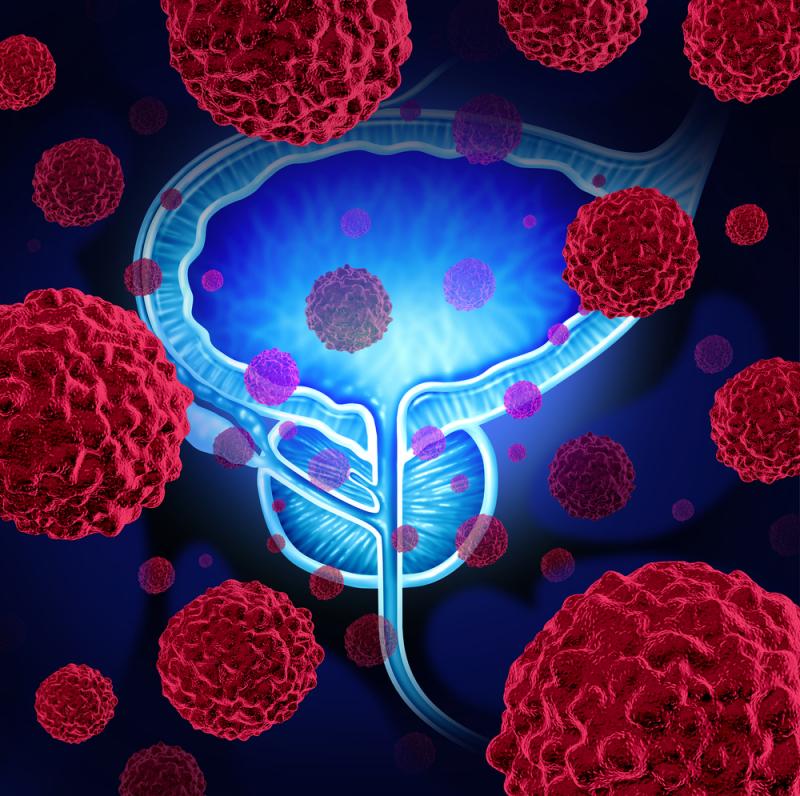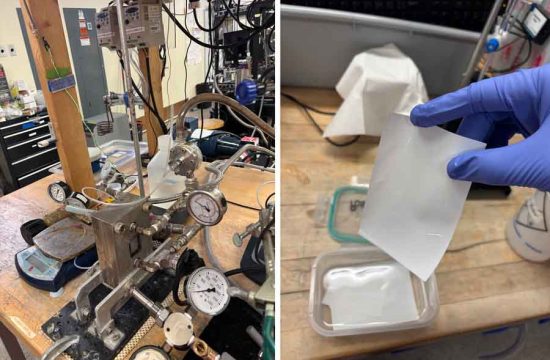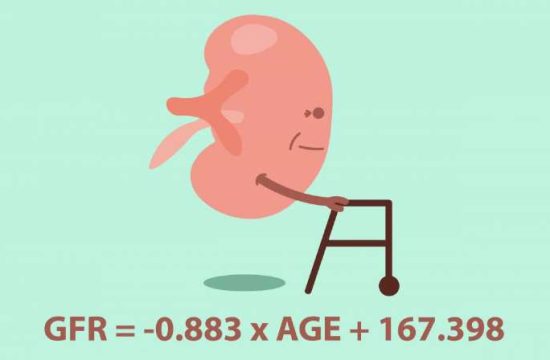 A new study led by scientists from the Florida campus of The Scripps Research Institute (TSRI) sheds light on a signaling circuit in cells that drives therapy resistance in prostate cancer. The researchers found that targeting the components of this circuit suppresses advanced prostate cancer development.
A new study led by scientists from the Florida campus of The Scripps Research Institute (TSRI) sheds light on a signaling circuit in cells that drives therapy resistance in prostate cancer. The researchers found that targeting the components of this circuit suppresses advanced prostate cancer development.
The study, led by TSRI Associate Professor Jun-Li Luo, was published online ahead of print in the journal Molecular Cell.
A New Strategy to Fight Prostate Cancer
Prostate cancer—which, according to the American Cancer Society, affects one in six American men—is the second-leading cause of death after lung cancer in American men.
Currently, the most effective treatment for advanced prostate cancer is to deprive the cancer of what feeds it—androgen hormones, such as testosterone. Unfortunately, almost all patients eventually develop resistance to this therapy, leaving doctors with no options to counteract the inevitable.
The new study shows that a “constitutively active” signaling circuit can trigger cells to grow into tumors and drive therapy resistance in advanced prostate cancer. A cell signal pathway with constitutive activity requires no binding partner (ligand) to activate; instead, the signaling circuit continually activates itself.
This signaling circuit, which is composed of the protein complex IκBα/NF-κB (p65) and several other molecules, controls the expression of stem cell transcription factors (proteins that guide the conversion of genetic information from DNA to RNA) that fuel the aggressive growth of these resistant cancer cells.
“The fact that the constitutive activation of NF-kB in the circuit is independent of traditional activation opens the door for potential treatment options,” said Luo.
Targeting Other Signaling Components Shows Promise
NF-kB plays important roles in cancer development, and it is regarded as one of the most important targets for cancer therapy. However, the use of NF-kB inhibitors in treating cancer is complicated by severe side effects related to immunosuppression caused by indiscriminate inhibition of NF-kB in normal immune cells.
Luo noted that targeting the other non-IκBα/NF-κB components in this signaling circuit would avoid the suppression of NF-κB in normal immune cells while keeping the potent anti-cancer efficacy.
In addition to IκBα/NF-κB, the signaling circuit includes the microRNA miR-196b-3p, Meis2 and PPP3CC. While miR-196b-3p promotes tumor development, Meis2, which is an essential developmental gene in mammals, can disrupt the circuit when overexpressed. The protein PPP3CC can inhibit NF-κB activity in prostate cancer cells.
“Disrupting this circuit by targeting any of its individual components blocks the expression of these transcription factors and significantly impairs therapy-resistant prostate cancer,” said TSRI Research Associate Ji-Hak Jeong, the first author of the study.
Source: dddmag.com







